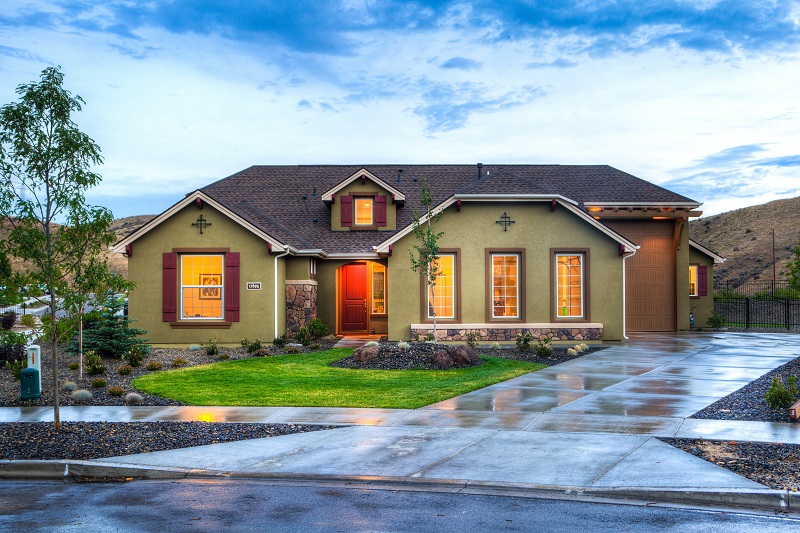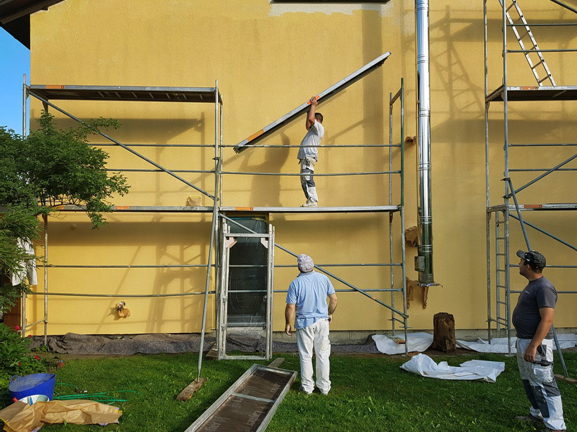Planting a shade tree in your yard can be a transformative decision, bringing a host of aesthetic and environmental benefits. Trees not only add visual appeal but also offer functional advantages such as cooling your home and increasing property value. If you’ve been contemplating the addition of a shade tree to your landscape, there are a few considerations to keep in mind to get the most out of your new leafy companion.
Enhancing Property Value
Many homeowners are unaware of the impact that trees can have on property values. Homes that are surrounded by trees typically sell for significantly more than those without such greenery. In fact, homes with trees can see an increase in value by anywhere between 18% and 25%, making your new shade tree an investment in more ways than one.
Adding a shade tree not only enhances the aesthetic appeal of your home but also offers future financial benefits. It is a smart move for those looking to increase the market worth of their properties. These trees can transform a simple space into a desirable oasis, attracting potential buyers or simply raising the pride and joy you feel in your surroundings.
Whether you’re planning to sell your home soon or enjoy it for many years to come, the long-term financial advantages of planting a shade tree are clear. It is an asset that matures over time, much like your home itself. This natural growth complements the evolution and appreciation of your property value, demonstrating the profound impact trees can have.
Cooling Benefits for Summer Comfort
Beyond aesthetic and financial enhancements, shade trees contribute significantly to comfort by cooling the environment around your home. The Arbor Day Foundation notes that trees can reduce surface and air temperatures, with shaded areas experiencing temperature reductions between 20 and 45°F compared to exposed surfaces. This cooling effect can be especially crucial during the sweltering summer months, providing a natural respite from the heat.
By strategically planting a shade tree, you mitigate the heat islands created by concrete and asphalt surfaces, effectively cooling the air. These trees serve as nature’s air conditioners, reducing reliance on artificial cooling systems. In addition to comfort, this can lead to a noticeable decrease in energy costs, benefiting the home’s overall efficiency.
The cooling properties of a shade tree extend beyond providing personal comfort. They play a critical role in combating climate change by lowering the energy demand for air conditioning, thereby reducing the carbon footprint of your home. This makes adding a shade tree not only a personal benefit but an environmental one as well.
Maintenance and Care
While the benefits of shade trees are numerous, it is essential to consider their upkeep to enjoy these advantages fully. Regular maintenance, such as trimming, is crucial to ensure the tree’s health and structural integrity. Experts, including Bob Vila, recommend that the best time for this annual trimming is in late winter, allowing your tree to prepare for the growth season.
Proper care involves not only trimming but also understanding the water, soil, and sunlight requirements for the type of tree you choose. Being mindful of these needs ensures that your tree remains healthy and vibrant for many years. Consulting with an arborist might help you with specific maintenance schedules tailored to your geographical area and the species of your choice.
While regular maintenance requires commitment, the rewards far outweigh the efforts. A healthy, well-maintained shade tree reflects positively on your home, potentially increasing its curb appeal and resale value. Moreover, a robust tree requires less intervention while delivering the manifold benefits you initially sought.
Adding a shade tree to your home landscape can bring about significant functional and aesthetic benefits. Not only do these trees enhance the natural beauty and market value of your property, but they also improve comfort levels through their cooling effects. While they require consistent maintenance, the advantages they provide make them a worthy investment for any homeowner.
As you consider adding this natural asset to your yard, weigh the long-term benefits against the immediate costs and efforts. A well-selected and cared-for tree can enrich your living environment and the value of your home, offering satisfaction and financial return. Ultimately, a shade tree is more than just a plant; it is a testament to thoughtful planning, environmental stewardship, and a desire to enhance one’s living space.










